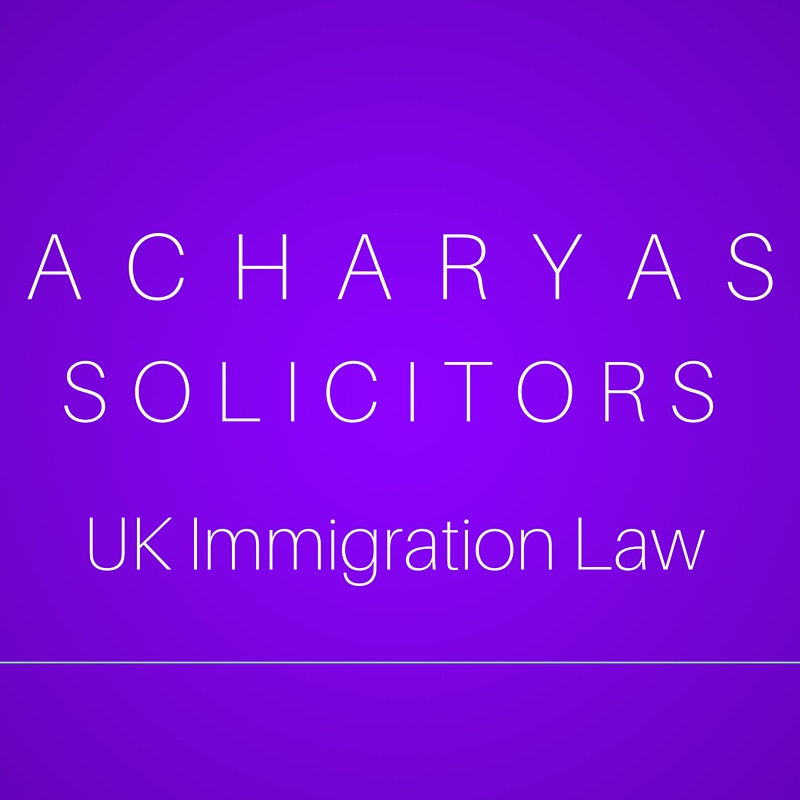TORTURE AND THE TREATMENT OF ASYLUM CLAIMS
On 2nd March 2017, MPS debated the UK’S policy on torture and treatment of asylum claims. In the debate, Dr Tania Mathias, a Conservative MP, relied on a report titled “ Proving Torture”, which was released in November 2016 by Freedom from Torture, a specialist organisations, specialising in recognising the signs of torture, rehabilitating people who have experienced it and enabling them to be full members of the community. The report accused the Government of “egregious mishandling of medical evidence” in its consideration of asylum claims involving the survivors of torture.
The key findings of the report by Freedom of Torture were as follows:
- Survivors seeking asylum in the UK can find it almost impossible to prove to the Home Office that they were tortured. This happens even when they present extensive expert medical evidence, which is often disregarded or mistreated The Home Office frequently demands a level of certainty in this evidence that is unattainable, going far beyond the legal standard of proof that applies to asylum claims.
- Being disbelieved and having their medical evidence mishandled can be catastrophic for torture survivors. They know that when the wrong decision is made, they could be forced to return to further torture Harrowing legal appeals also prolong their psychological trauma which impedes their chances of rehabilitation and social integration.
- Too many Home Office decisions with medical evidence of torture are poor and have to be corrected by judges. In 76% of cases in the research for which the final outcome is known, the person was granted asylum following a successful legal appeal. Where a refusal was overturned on appeal, the immigration judge specifically referred to the strength and high quality of the medical evidence. That suggests that if the Home Office asylum caseworker had handled the case better, there would have been no need to go to appeal.The average success rate for asylum appeals is 30%. This indicates a serious problem with Home Office handling of asylum claims by torture survivors.
- Asylum caseworkers without any clinical qualifications often replace the expert opinion of a medical doctor with their own speculation about clinical matters. The research suggested that many asylum caseworkers see medical evidence as an obstacle to be “got around” in justifying why the asylum claim should be refused This undermines basic principles of
- This bad practice contravenes a clear Home Office policy on how to handle expert medical evidence of torture. The problem is that this policy is poorly implemented. The Home Office has an excellent training programme to help caseworkers implement it correctly but has never rolled this out.
In response to the concerns raised by the MPs over the accusation of ignoring or mishandling proven evidence of torture , the Minister of State for Immigration, Robert Goodwill could not address why so many viable claims were not being recognised in the process.
Asylum caseworkers are required to apply the correct standard of proof for asylum claims. In order to grant asylum, caseworkers are required to satisfy themselves that a claimant’s account is “reasonably likely” to be true, according to the legal standard of proof for asylum claims. In practice however, asylum caseworkers fail to comply with this by demanding a far higher standard of proof of the medical evidence of torture, in a context where the question of whether torture occurred is a critical element in assessing if the person would be at risk on return and thus entitled to asylum
The Minister’s comments in the debate, that the Government does not necessarily consider being tortured as reason enough to offer someone protection, brought under scrutiny the UK’S treatment of survivors of torture.
The Minister continued to state that an individual needs to show there is a real risk of serious harm or persecution on return to their country. In some cases, the situation in a country can become normalised and change. He confirmed that the Home Office policy was not to restrict who can provide a medical report for the purposes of submitting evidence in support of an asylum claim and said that all asylum decision makers receive extensive training on how to consider asylum claims.
The debate emphasisied the need for an audit of asylum cases in which torture was involved or suspected, to address the systematic decision making errors.
It remains to be seen whether the outcome of the debate will bring about a change to the mistreatment by asylum caseworkers of medical evidence of torture which has led to long and costly legal appeals and a need for claimants to be financially supported in the asylum system for many months and even years throughout this process.
You may access full Freedom from Torture Organisation report here:
https://www.freedomfromtorture.org/sites/default/files/documents/proving_torture_a4_final.pdf
